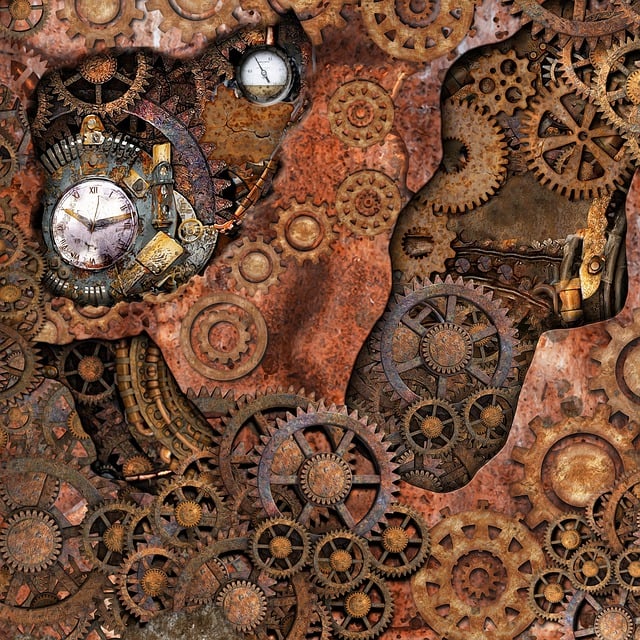Think of Net Zero Targets as a self imposed Carbon Tariff
If you just want cheap coal power, you can’t, not without paying the wind and solar tariff, the battery clause, the pumped hydro pill, and the interconnector addendum.
Tonight the US Tariffs have been paused for 90 days (nearly everywhere bar China) while everyone negotiates, which was no doubt the plan all along, but the invisible Green Tariffs are so much worse. Instead of just being applied once at the border, they multiply like Ebola throughout the national economy — adding an invisible hit to anything that needs heating, cooling, feeding or moving — which is everything, sooner or later, and often many times.
There’s no silver lining, no accidental benefit, we’re not changing the weather, we won’t make more crops, we’re not making cheaper electricity, and we’re not bringing factories back home, we’re shipping ours off to China (where they use coal). For every green job we artificially forced into existence we know the higher energy costs they lead to will destroy 2 – 5 real jobs.
And we’re not even symbolically leading the world in some fashionable cat-walk, because no one is following. We could kid ourselves once that this Politburo style artificial quest might lead to new technologies the rest of the world wanted, but those days are over. The world doesn’t want EVs or solar “farms” much, it wants AI, and that means big and cheap energy.
David Pearl in The Australian a few weeks ago (before the new round of tariffs were added):
Net-zero black hole looms as self-inflicted tariff against the nation
…our ever-rising electricity prices are a direct and entirely foreseeable result of the two major parties’ commitment to achieve net-zero carbon dioxide emissions.
This policy is a self-imposed monster tariff on our entire $2.7 trillion economy, dwarfing Trump’s hit on our steel and aluminium sales to the US, which account for less than 0.2 per cent of our exports overall.
And it is not a one-off shock, but a ratcheting up of energy costs that started more than a decade ago and must – if the share of wind and solar in our grid is to grow, as both major parties want – continue for the next quarter century.
Not for one or two years, but for decades to come. It is deeply regressive, hurting low-income Australians more than those on higher incomes in exactly the same way an increase in the rate of the GST would. But unlike the GST, it delivers not a cent of revenue to government for hospitals and schools, but instead requires billions to be spent on subsidies each year for everyone harmed by it.
So as the economy progressively weakens, the net-zero fiscal sinkhole must grow each year: a recipe for future financial collapse.
David Pearl is a former Treasury assistant secretary.
